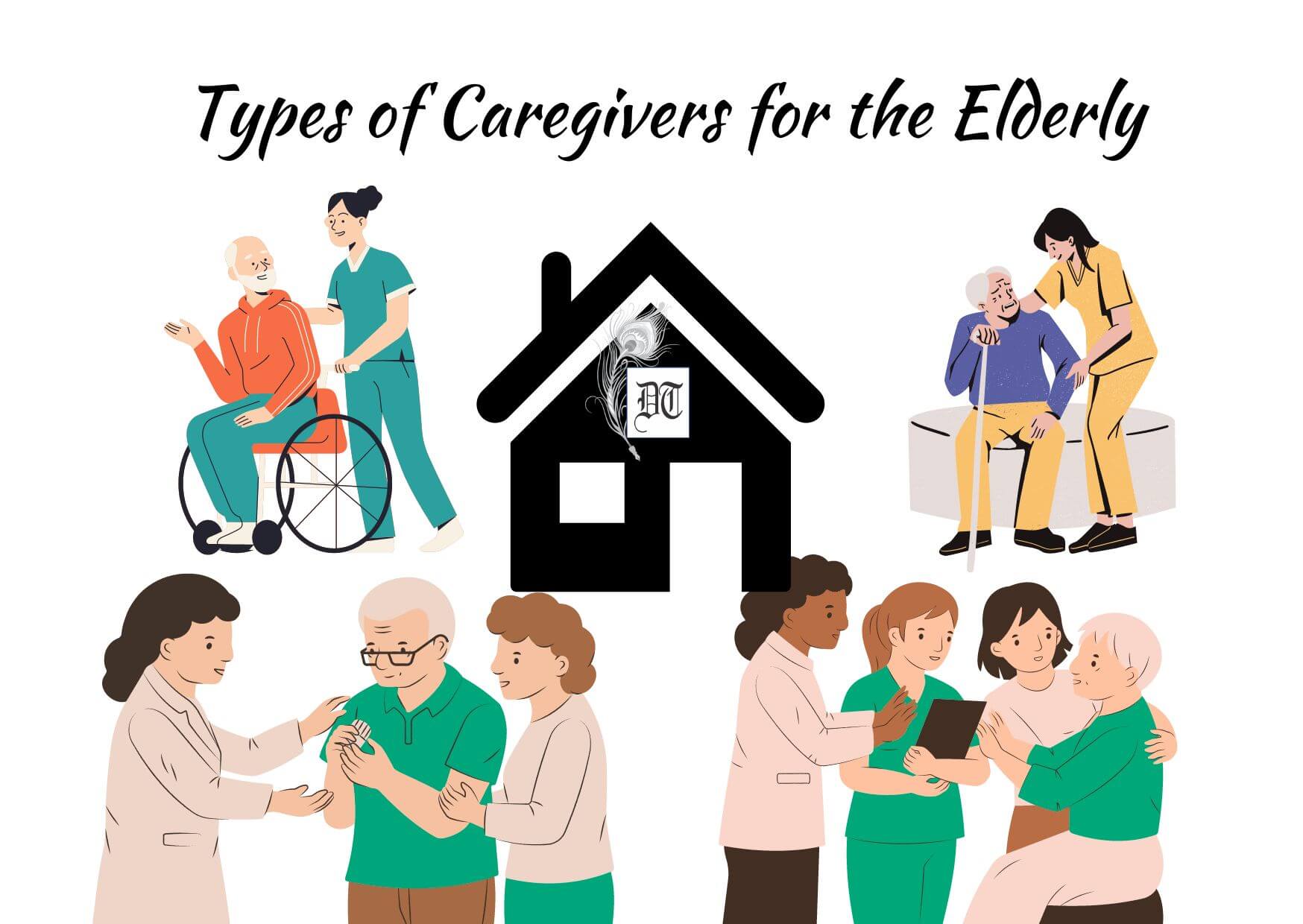Oxytocin is not the only the drug; several medicines which have been used in the past are now banned. Byproducts of opium, which are useful in many cases in psychosomatic disorders, have now been banned because these medicines have been pushed for use for addiction. Codeine, which has been so useful to control a persistent cough, now stands banned. A report, for Different Truths.
The ban on Oxytocin has generated serious debate among the medical professionals because it is an extremely useful drug to control bleeding after childbirth. It is also used to induce labour in pregnant women. The drug stimulates contractions of the uterus and can be used in cases of incomplete abortion. But after the government order, the drug will be henceforth manufactured and sold by the Karnataka Antibiotics and Pharmaceutical Limited (KAPL). This is a public sector concern. The medicine will be supplied directly to the registered hospitals. Since the drug is in extensive use this ban is going to create serious problems for the medical practice. Several gynaecologists have expressed the impossibility to work without Oxytocin. Dr. Arun Gadre, a core committee member of the Alliance of Doctors for Ethical Healthcare (ADEH) and gynaecologist himself, said that he cannot imagine practicing gynaecology without Oxytocin. It sounds difficult that the KAPL will be able to fulfill the needs. A large number of doctors are working in small setups and are not having registered hospitals. They will be in great difficulty since they would not be able to get the supply, which is restricted to registered hospitals. There is a possibility that the drug may become available on the black market. This raises fear of spurious production.
The argument in favour of a ban on Oxytocin is based on reports of its gross misuse. There have been reports that the medicine has been used by farmers to artificially enhance milk production by injecting Oxytocin to cows. There have also been reports that the vegetables and fruits are injected with Oxytocin to increase their size. Most serious is its reported use to induce early puberty.
Oxytocin is not the only the drug; several medicines which have been used in the past are now banned. Byproducts of opium, which are useful in many cases in psychosomatic disorders, have now been banned because these medicines have been pushed for use for addiction. Codeine, which has been so useful to control a persistent cough, now stands banned. Pentazocine, commonly known as Fortwin, a drug used for premedication and a powerful painkiller, is no more available.
Even sportspersons have not been left out of the gross misuse of medicines. Some of them have been using anabolic steroids for performance enhancement. When this came to be known, sports organizations came forward with laws to ban their for bodybuilding. This led to the introduction of dope tests for the sports person. As a result, it has now become a common practice during all major events to subject sportspersons to dope test. Many sportspersons have also lost their chances to participate in events. The well-known case of Indian Commonwealth Games gold medalist Narsingh Yadav, who failed a dope test in July 2016, was slapped four years ban despite his plea of foul play.
The whole issue is very complex. Easy availability of drugs makes their misuse possible. There is a need to develop a system whereby these products are available only to those who have the skill and knowledge to use them. They should be available only on prescription. Record maintaining could be made compulsory. Such issues need more and more serious debate with no easy solutions.
However, for the Oxytocin, some method has to be evolved that its production meets the requirement and patients do not suffer. There is a need for better governance methods to stop their use by farmers. The ban should be for the time being and stay until some better arrangements are made to meet the supply chain.
Dr. Arun Mitra
©IPA Service
Photo from the Internet






 By
By
